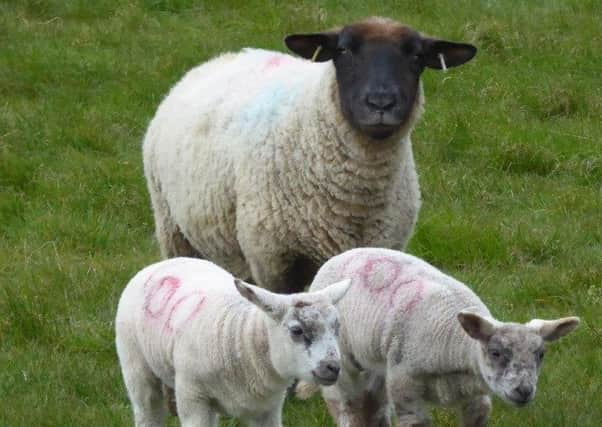UFU concerned by small increase in OPA in sheep


UFU Hill Farming chairman, John Kennedy said: “Overall, the increase in cases is small but we are encouraging sheep farmers to be vigilant. Farmers strive to keep their flocks in peak health but this disease can be difficult to detect and can result in significant economic losses, particularly in high value breeding flocks.”
All breeds of sheep can be affected by OPA. Typical symptoms include - difficulty breathing, marked weight loss, and over production of fluid in the lungs. Currently, there is no blood test for the disease and the development of a successful vaccine is still some years away. OPA is usually introduced into a flock via newly purchased animals, who appear in good health but are carrying the Jaagsieket sheep retrovirus (JSVR).
Advertisement
Advertisement
Mr Kennedy says ultrasound scanning and post-mortem examinations are good ways to get a handle on a flock’s health status. “If you suspect there is OPA in your flock, isolate the suspected animals and contact your vet. At present, there is no treatment for the disease. A post-mortem examination of the lungs will confirm if the disease is present. Ultrasound scanning can be used to detect sheep with small signs of the disease before they show clinical signs,” he added.
Farmers are advised to regularly inspect adult sheep and cull any affected animals. “Removing affected animals has immediate economic and welfare benefits. OPA poses no risk to human health and sheep can be sold to meat plants before clinical signs develop,” says Mr Kennedy.“Right now, our best defence against this disease is to be proactive. Be vigilant and maintain a high standard of bio-security. If you suspect OPA in your flock, contact your vet straight away and remove infected sheep to reduce the risk of the disease spreading.”